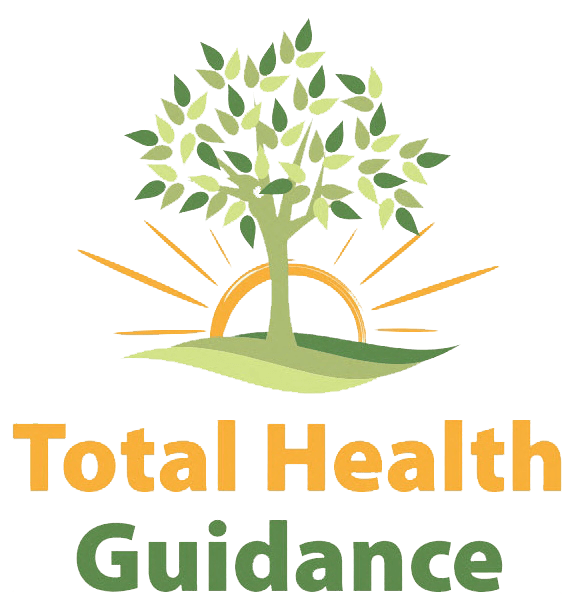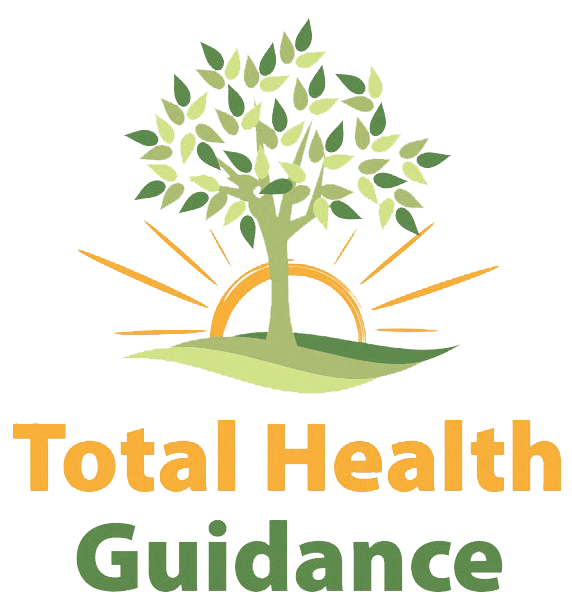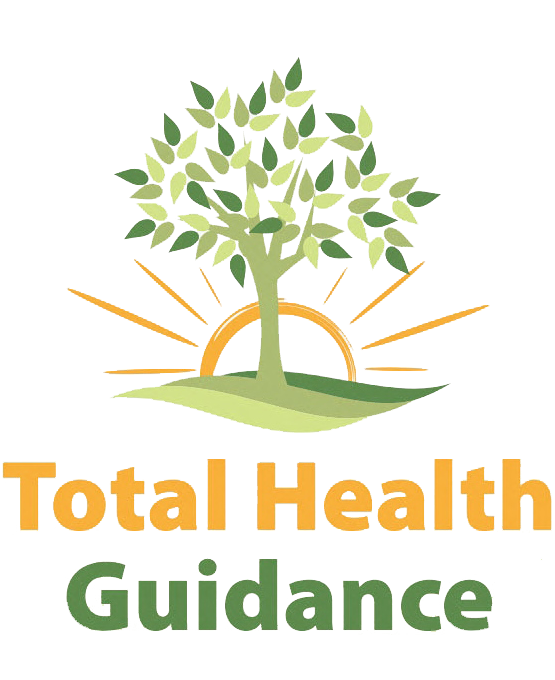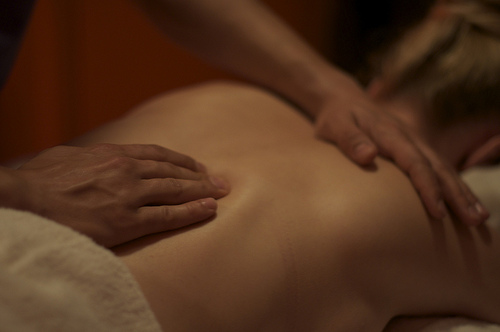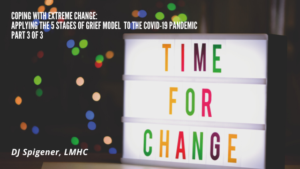– Tony Ambush, LMT
Stress is a serious impediment to addiction recovery and may lead to a desire to escape. Escaping reality is a major component of the addiction cycle. Massage helps clients slow down, block out distractions and focus on being calm. With regular massage sessions, a patient can become more self-aware and will be better able to recognize emotional triggers before they ignite the addictive cycle. Most addicts have little practice in successfully managing negative emotions. Stress hormones directly affect the reward chemical dopamine. Massage therapy not only reduces stress, it increases levels of endorphins like dopamine which produce pleasurable sensations. Proper management of stress and emotions may lead an addict to make better choices.
All effective approaches to addiction treatment require the client to do something; exercise, start counseling, join a 12-step program, etc. Massage is a passive practice that can be beneficial for those clients finding difficulty in dealing with the demands of the recovery process. Massage therapy is highly successful in reducing stress. With less than an hour of tactile manipulation, patients often feel less agitated and experience greater serenity without turning to their addictive behaviors. We offer great recovery packages with massage therapy as a component of an overall health plan designed for sustained sobriety. We are here to help.

